IN PHOTOS: Peaceful voting in border villages of Jammu & Kashmir amid ceasefire brings hope, enthusiasm
In the border villages of Sehar and Makri, located just metres from the Line of Control (LoC) in Jammu and Kashmir’s Rajouri district, polling stations came alive as voters enthusiastically participated in the India General Elections 2024. The absence of cross-border shelling allowed residents to vote peacefully, reflecting their renewed sense of security. Pics/ PTI & X
Updated on : 25 May,2024 06:13 PM IST | Compiled by : Sanjana Deshpande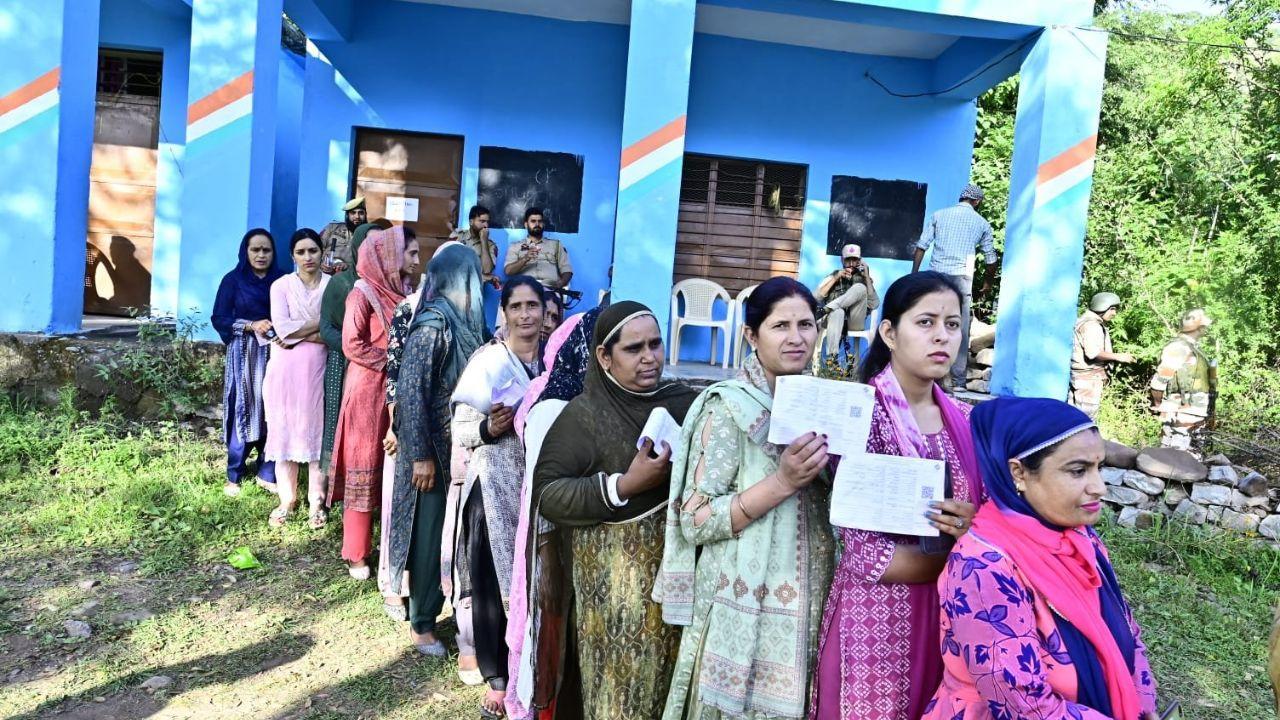
In border villages of Sehar and Makri, located just metres from the Line of Control (LoC) in Jammu and Kashmir’s Rajouri district, polling stations came alive.
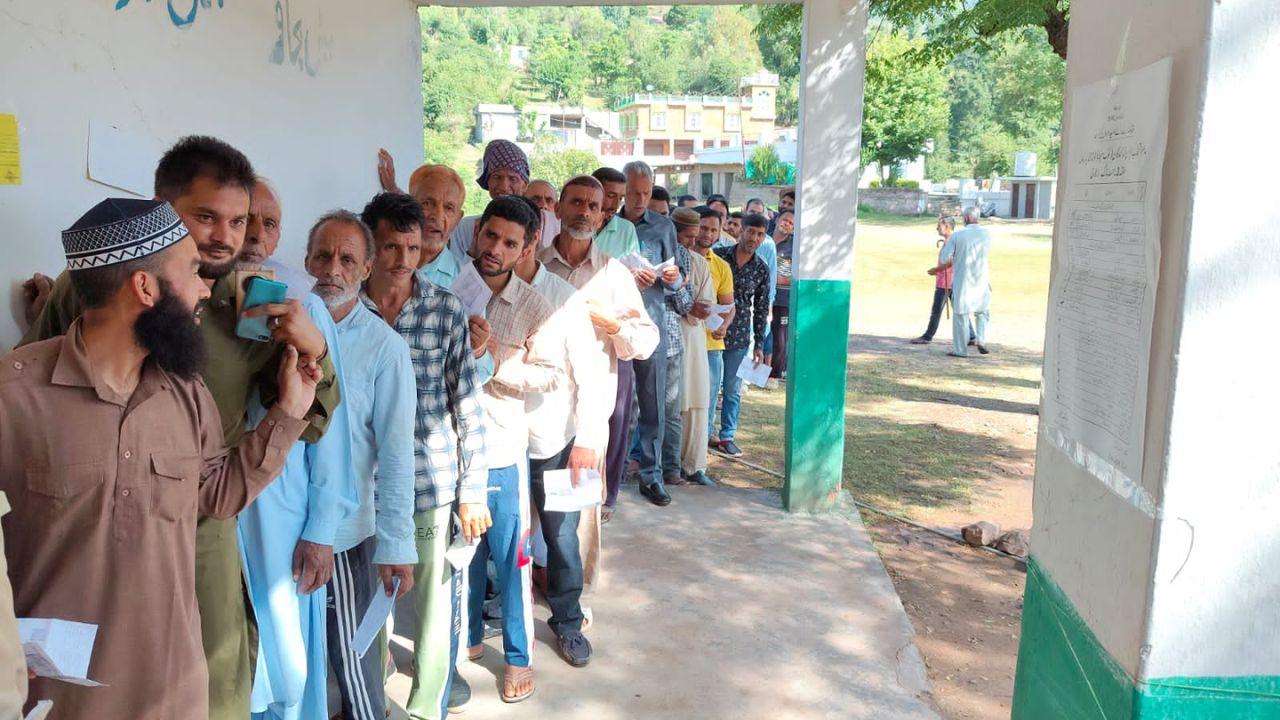
Rajouri, along with Poonch south of Pir Panjal, forms part of the Anantnag parliamentary constituency. This constituency is crucial, with the election process determining the fate of 20 candidates, including notable figures like PDP president and former chief minister Mehbooba Mufti. Other significant contenders include National Conference’s Mian Altaf and Apni Party's Zafar Iqbal Khan Manhas, backed by the BJP.
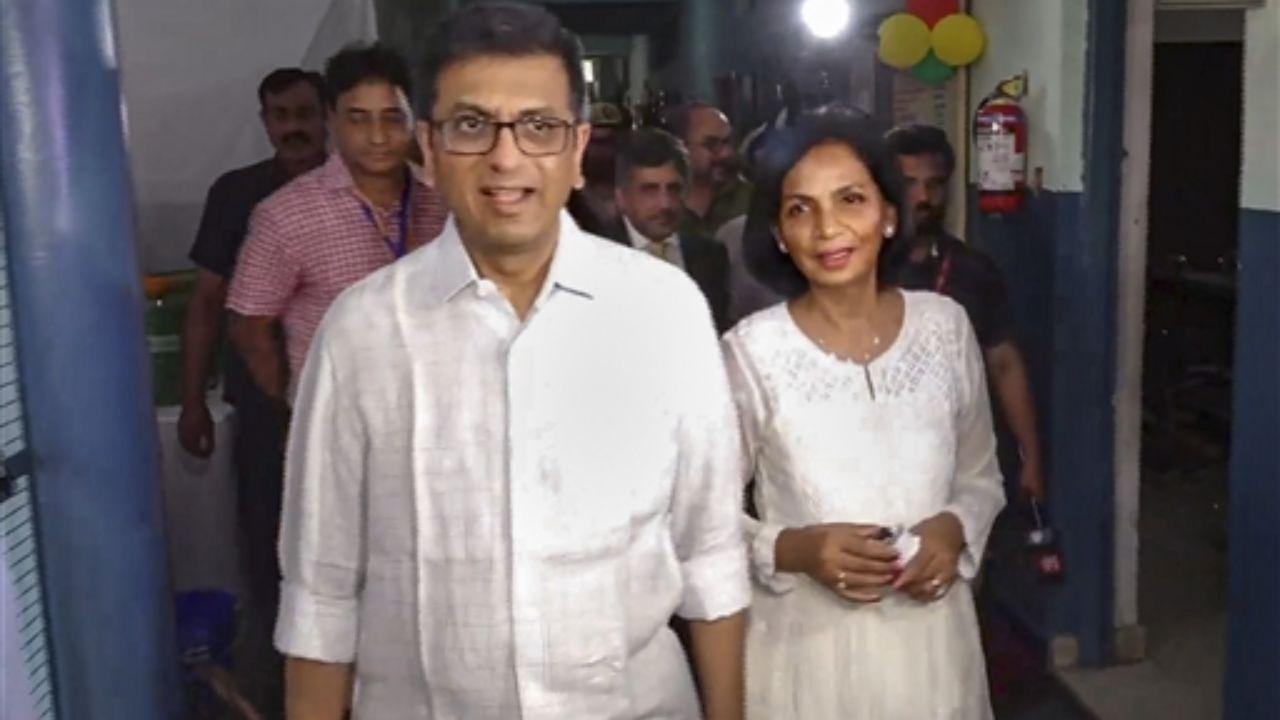
Ved Prakash, a resident of Makri village, expressed relief and happiness over the peaceful voting conditions. He highlighted the past hardships due to Pakistani shelling and hoped for the continuation of this peaceful atmosphere, which has been in place since the renewed ceasefire between India and Pakistan on February 25, 2021.
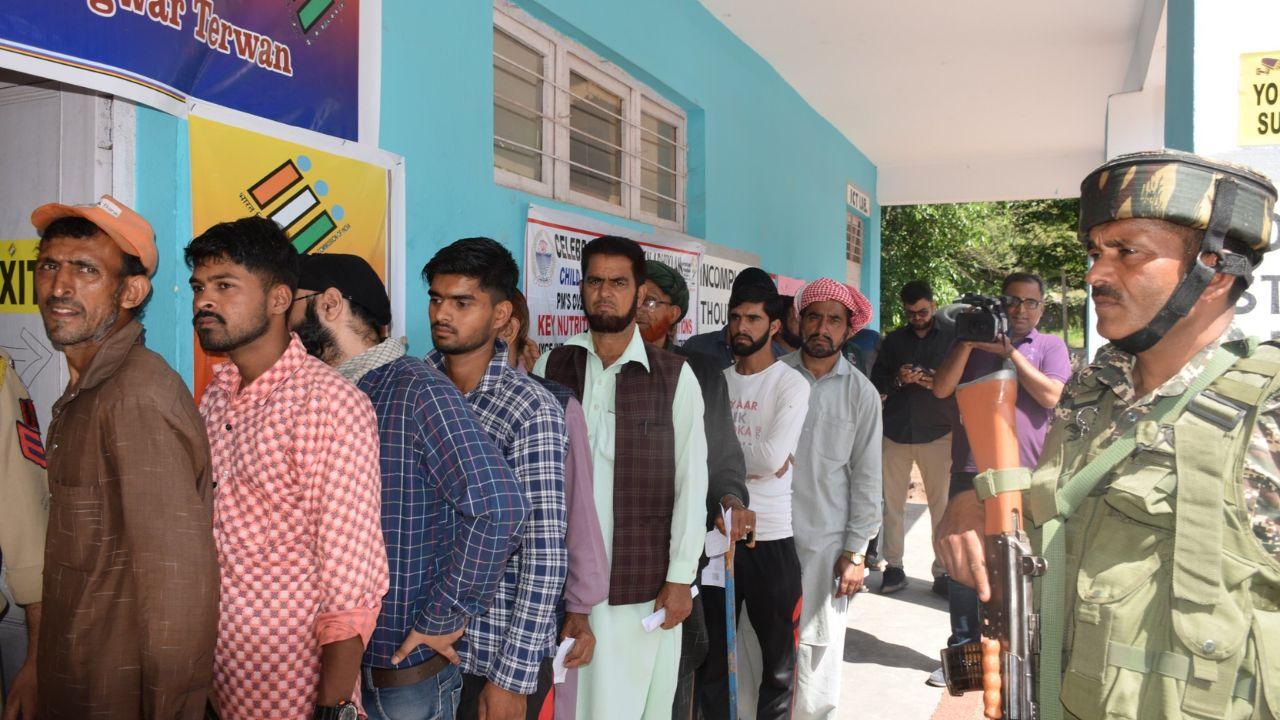
Authorities established 19 border polling stations along the LoC in Rajouri and Poonch, with contingency plans ready to tackle any potential cross-border shelling. The provision of underground bunkers at polling stations underscored the commitment to ensuring voter safety in these sensitive areas.
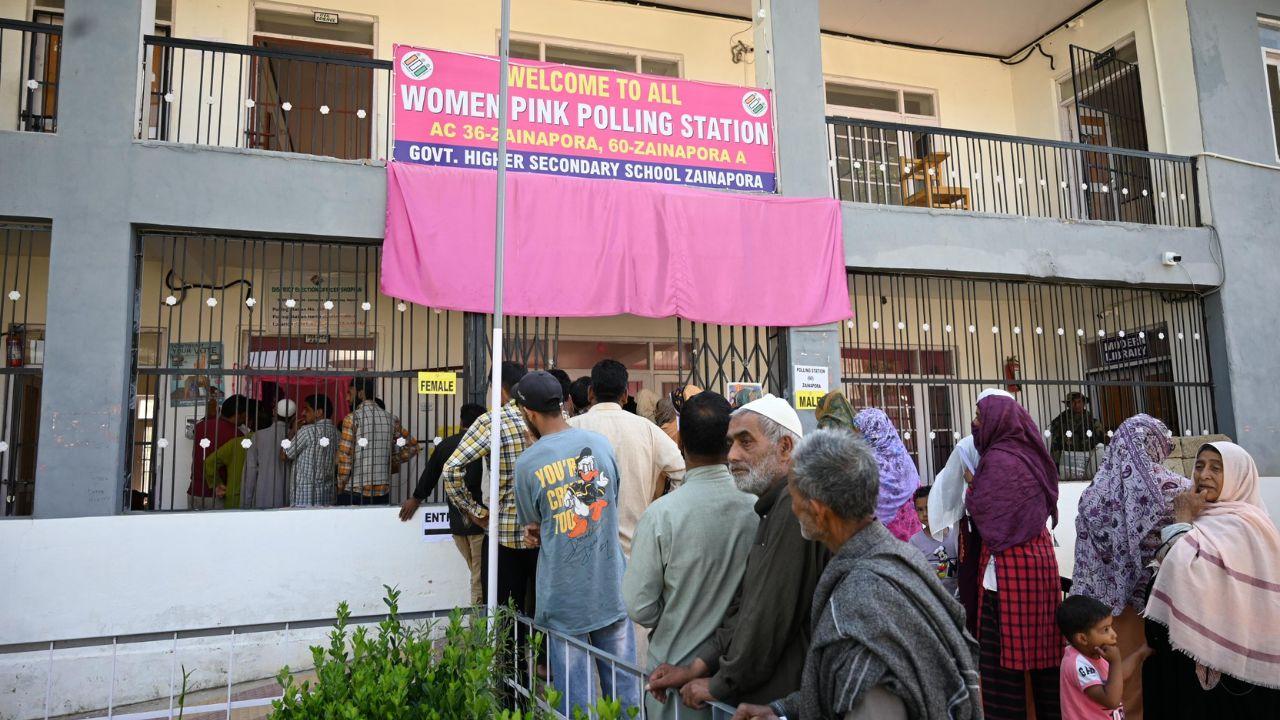
Residents like Ved Prakash acknowledged the significant development in their areas, which were previously affected by cross-border shelling. The government’s provision of underground bunkers has enhanced their sense of security, allowing them to focus on voting and community issues without fear.
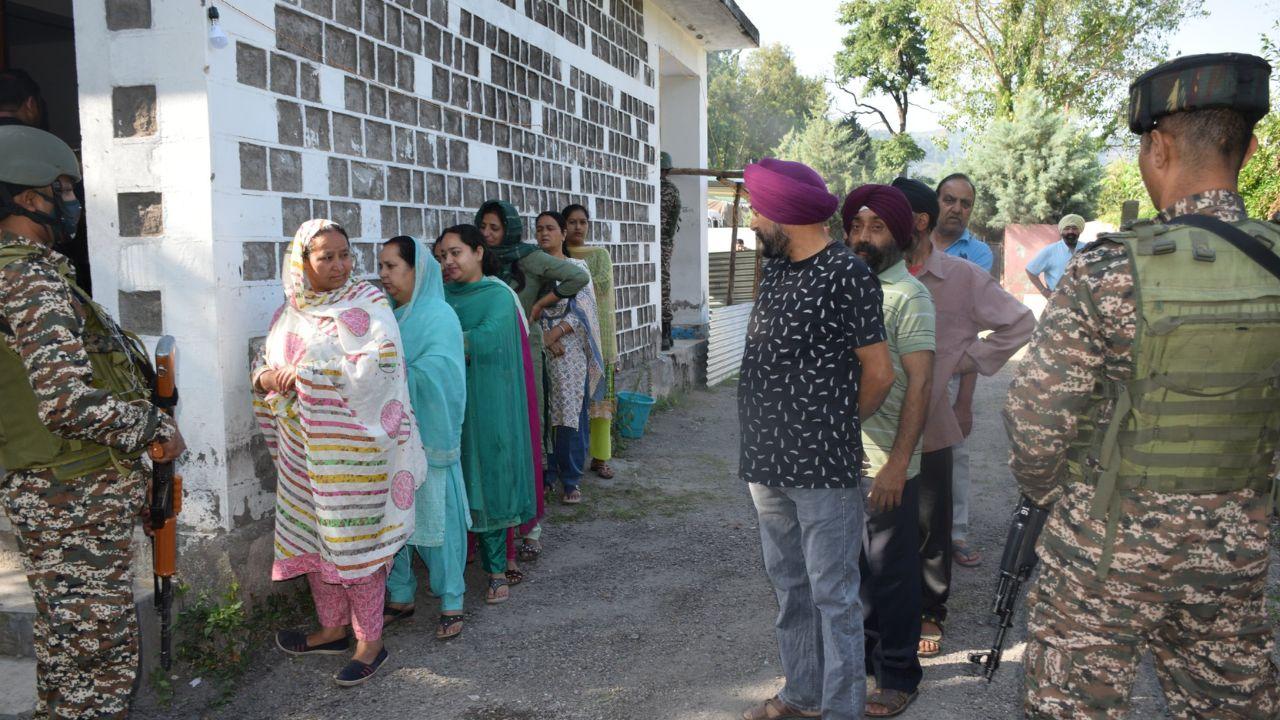
The Nowshera assembly segment reported a 47.31 percent voter turnout by 1 pm. This high participation rate reflects the community's enthusiasm and the positive impact of the peaceful conditions on voter engagement.
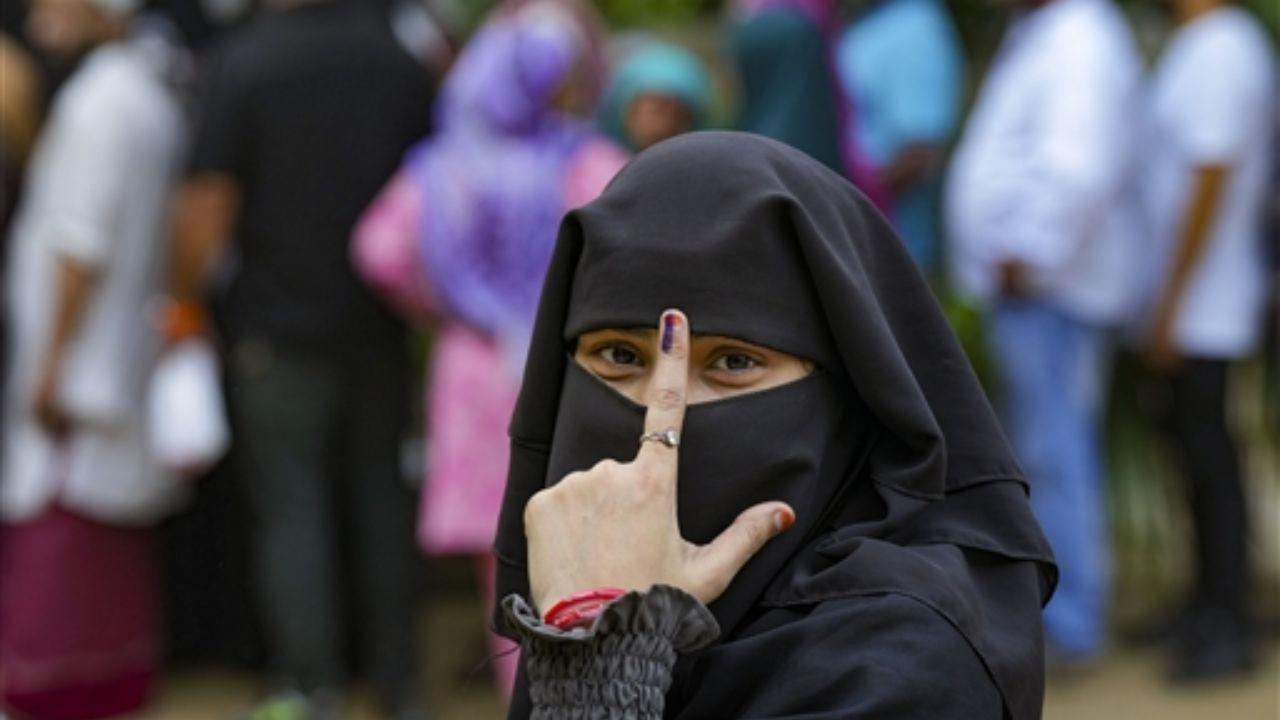
The Anantnag-Rajouri parliamentary constituency, comprising 18 segments across Anantnag, Kulgam, Shopian, Rajouri, and Poonch, recorded a 35.22 per cent voter turnout by 1 pm. This broad participation highlights the constituency’s diverse demographic and the significance of the electoral process in this region.
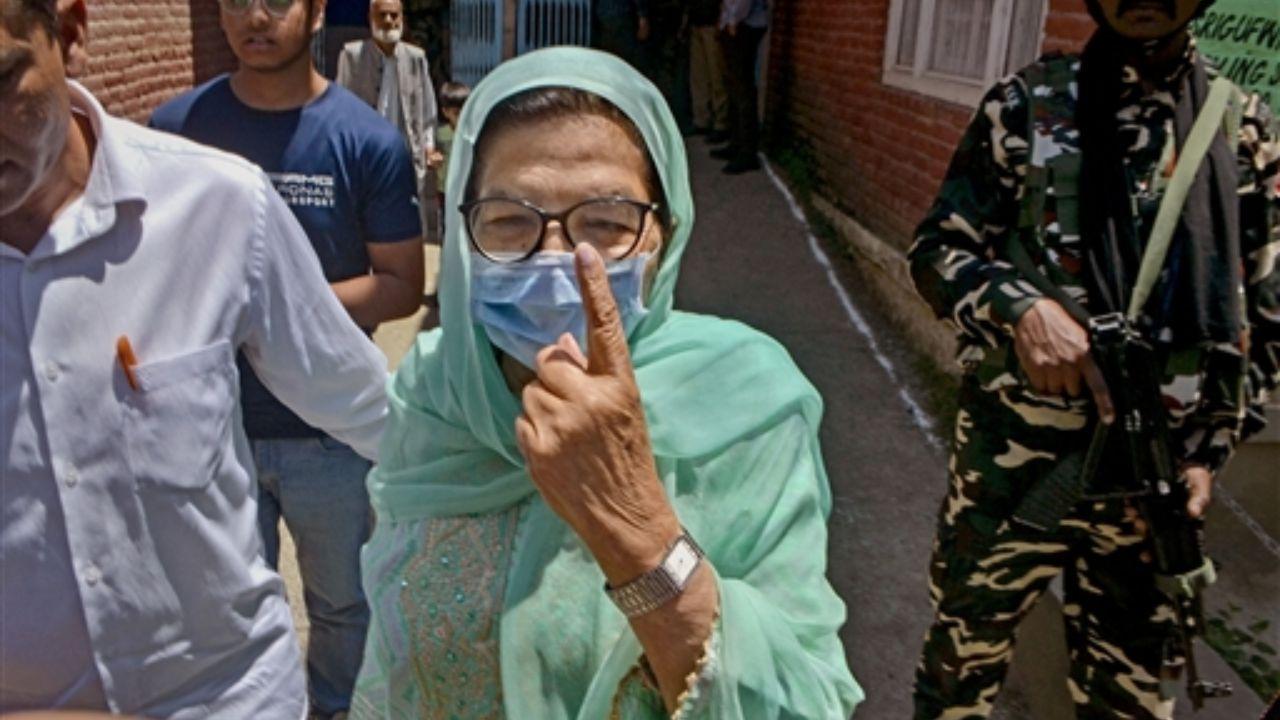
Voters like Ved Prakash emphasized the need for a government that addresses local issues such as road connectivity and educational facilities. The priority for residents is to ensure continuous development and maintain the peaceful conditions that allow them to live without the fear of shelling.
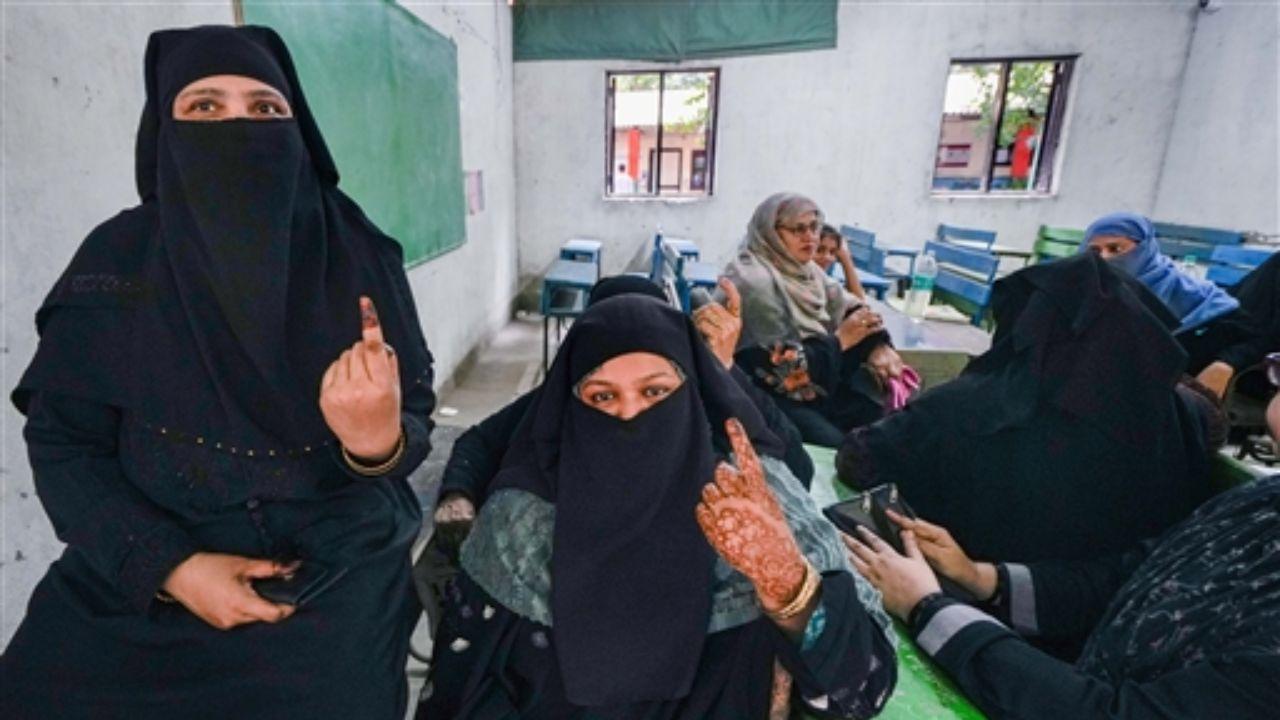
Gorakh Nath, a government teacher and Booth Level Officer, described the polling station’s unique feature of having underground bunkers. He noted the brisk polling activity, attributing it to the calm and secure environment.
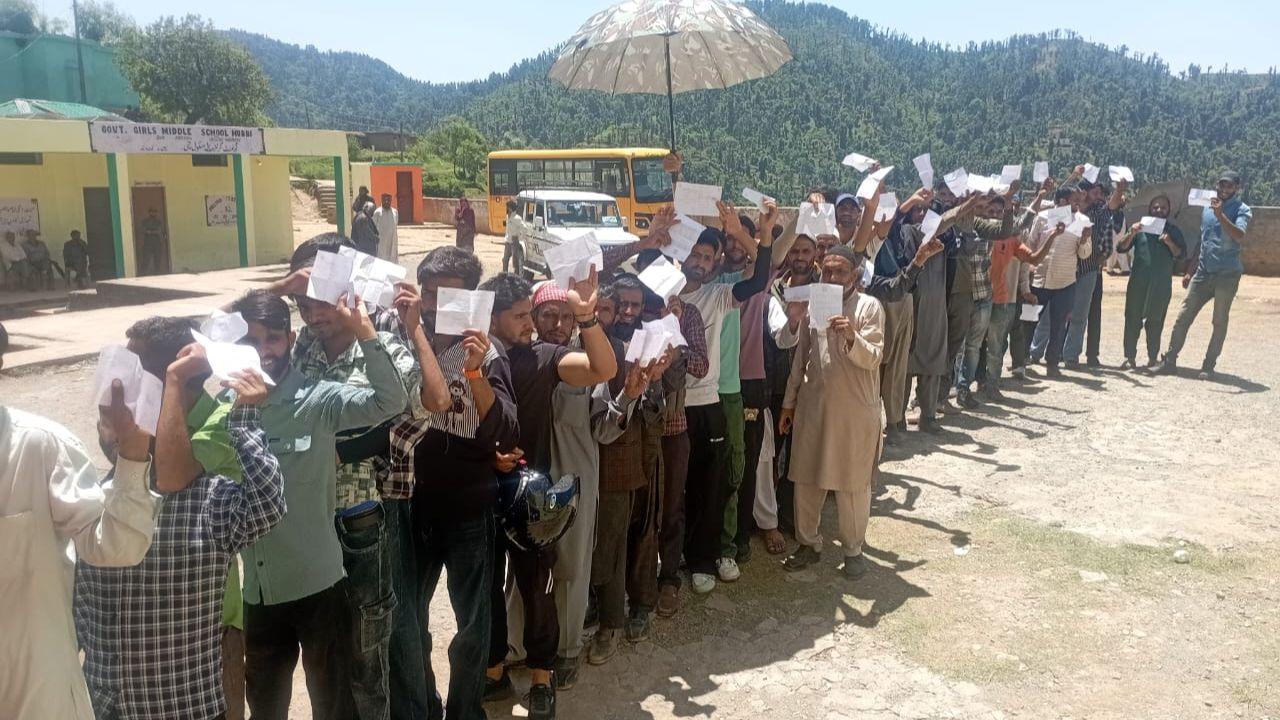
Sunil Choudhary, a former sarpanch, highlighted the unique challenges faced by border villages, such as water scarcity and the need for proper government attention. He stressed the importance of recognising the distinct issues these communities face compared to other parts of the country.
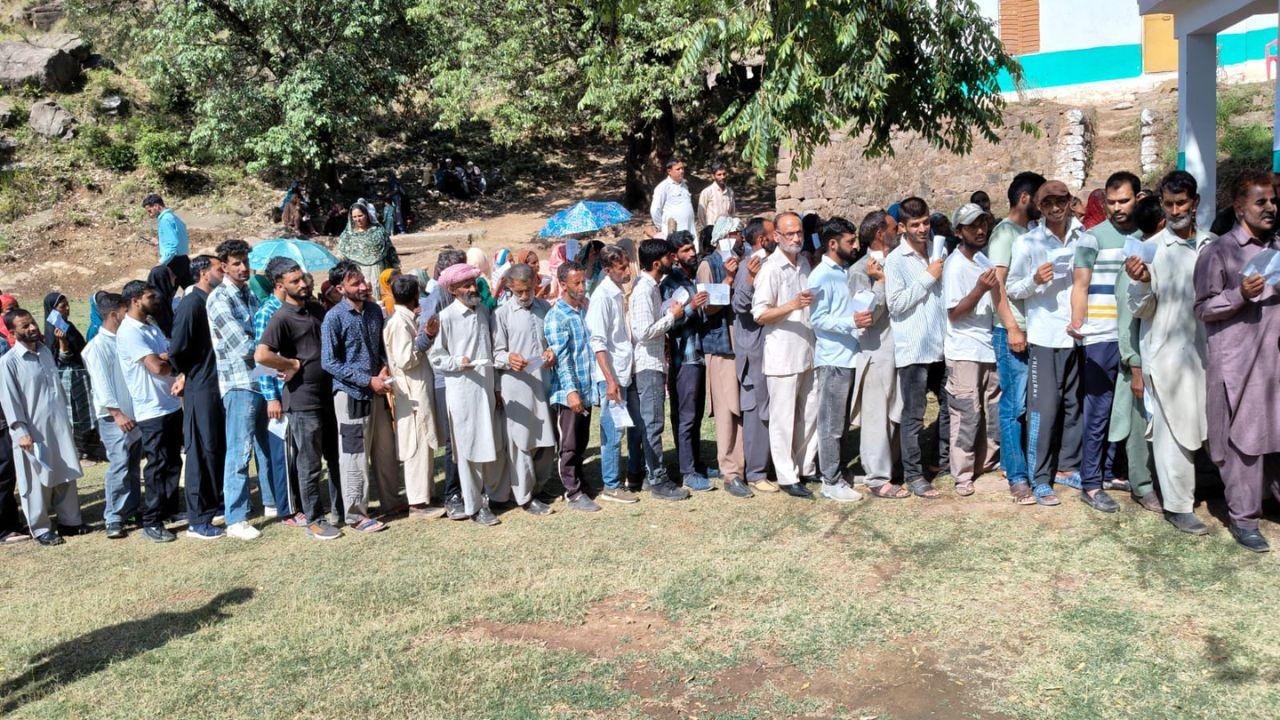
Neesha, a first-time voter, expressed her joy in participating in the democratic process. She emphasized the importance of voting for overall national development and a strong government, while also noting the impact of the ceasefire on her ability to focus on studies without the disruption of shelling.
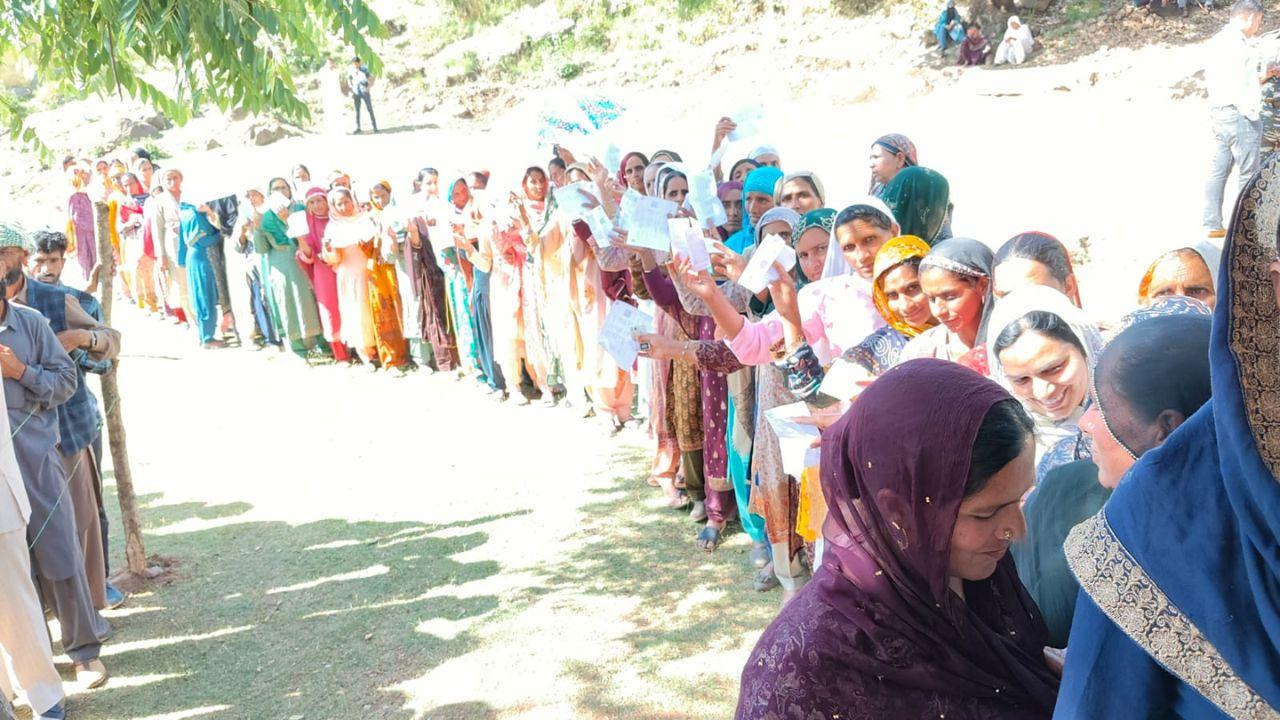
Dewan Chand highlighted the educational challenges faced by students in these border areas. He called for the establishment of a higher secondary school and improved road connectivity to ensure students can continue their education without hardship, reflecting the broader community's aspirations for development and stability.





